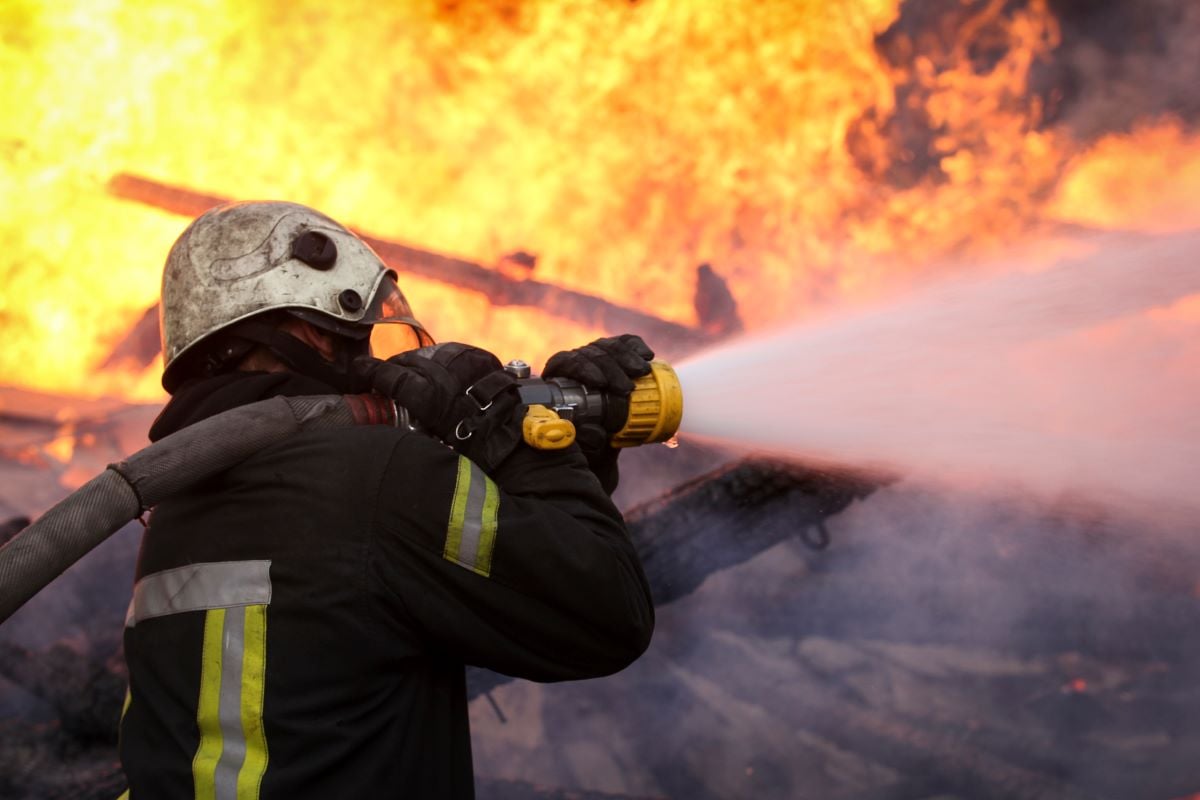Findings among World Trade Center responders and incidence of dementia at <65 years of age
By Lori Solomon HealthDay Reporter
FRIDAY, June 14, 2024 (HealthDay News) — More severe exposure to dust or debris among World Trade Center (WTC) responders is significantly associated with a higher risk of dementia at <65 years, according to a study published online June 12 in JAMA Network Open.
Sean A.P. Clouston, Ph.D., from Stony Brook University in New York, and colleagues assessed the incidence of dementia at <65 years in a prospective study (2014 through 2022) of WTC responders. Analysis included data from 5,010 responders with exposure severity data.
The researchers found that increasing WTC exposure severity was associated with incremental increases in the incidence rate of dementia (low exposure: 2.95 per 1,000 person-years; mild: 12.16; moderate: 16.53; high: 30.09; and severe: 42.37). Each unit increase in exposure severity was associated with increased incidence of dementia when adjusting for social, demographic, and relevant medical factors (adjusted hazard ratio, 1.42; mean risk difference, 9.74 per 1,000 person-years).
“Disasters often require an emergent response in dangerous conditions, but reliable use of personalized protective equipment might help prevent the onset of dementia before age 65 years among individuals exposed to an uncontrolled building collapse,” the authors write. “Future research is warranted to determine cerebral biomarkers for individuals with exposure-associated dementia.”
Copyright © 2024 HealthDay. All rights reserved.








